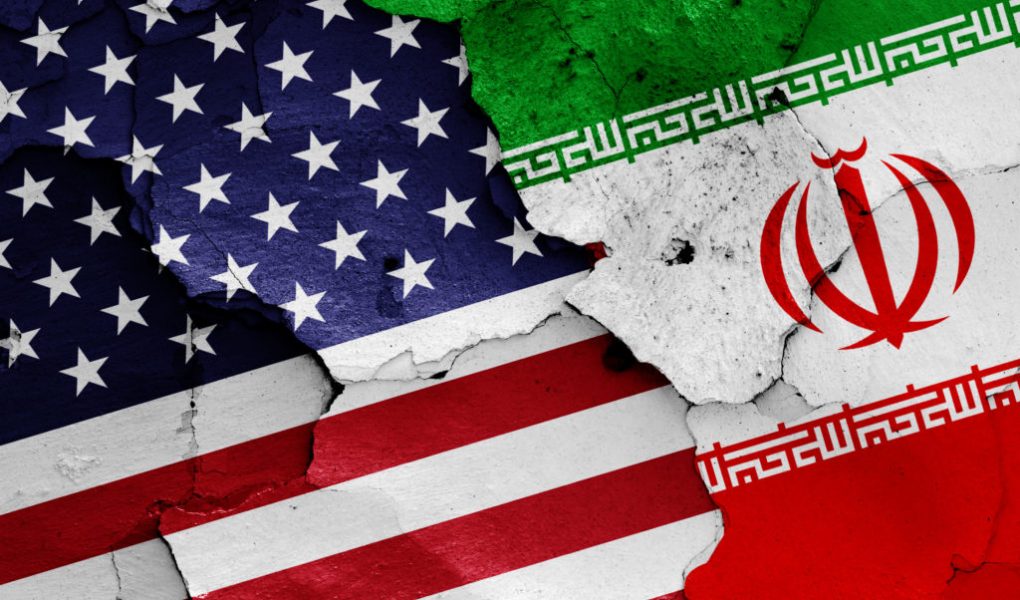Time is the United States’s greatest adversary as nuclear negotiations with Iran resume, but it is not too late to control the clock.
Tehran is likely to draw out talks, claiming good-faith cooperation while buying time to continue advancing toward nuclear weapons capability. With little leverage and diminished credibility, but desperate to at least pause Iran’s nuclear program, the Biden administration has signaled it might accept an agreement even more lopsided than the original Joint Comprehensive Plan of Action (JCPOA).
Rather than keep saying, as it has for months, that “the ball is in Iran’s court,” the White House should stop letting Tehran dictate the pace of diplomacy. Now it must impose conditions on the talks, starting with a clear deadline for Iran to reenter the existing deal.
Since negotiations began in April, Iran’s nuclear activities have reached unprecedented levels. It conducts large-scale enrichment with advanced centrifuges, produces uranium at nearly weapons-grade purity, and practices making this into metal for a warhead. It also is busy expanding key facilities, and soon it could more than double its advanced centrifuges. According to a senior Iranian official, “Time is on our side. Our nuclear advances further every day.”
The Biden team’s bargaining power, meanwhile, is dwindling. Watching the calamitous U.S. withdrawal from Afghanistan, Supreme Leader Ali Khamenei crowed, “This country is no longer the superpower of the world and cannot impose its will on nations.” The administration also looks the other way on sanctioned Iranian oil exports to China, and last month it conspicuously avoided retaliating for an Iranian proxy attack on American forces in Syria that had a “clear intent to kill,” according to the Pentagon.
These developments merely encourage Tehran to dig in its heels, especially given its new diplomatic team stocked with JCPOA skeptics. Under hardline President Ebrahim Raisi, these negotiators are quoting new, prohibitively expensive prices for returning to the JCPOA, and they want to ditch understandings reached in the first six rounds of talks. In a win-win for Iran, these demands will either drag out deliberations until its advanced centrifuges deliver a nuclear fait accompli or compel the United States, in its demonstrable eagerness for any agreement, to cave.
The JCPOA remains a bad deal — now even more so than in 2016. Resuscitating it will neither prevent a nuclear Iran nor enable the “longer, stronger” deal the Biden administration seeks. But if the White House still wants a JCPOA return, it should act like it. That means finally taking control of the talks. Since April, its lack of urgency and unwillingness to pressure Iran have reduced the chances of a JCPOA revival and squandered opportunities created by covert attacks that caused real, if temporary, setbacks in Tehran’s nuclear advances.
The Biden administration should set a year-end deadline for JCPOA reentry. To hammer things out, it also should insist the two sides finally sit down face-to-face in Vienna, rather than let Iran keep dithering via hotel shuttle diplomacy.
Because Tehran will respond with its standard delaying tactic of debating what the JCPOA actually entails, American diplomats must push back against efforts by Raisi’s team to restart negotiations from square one. They should insist talks pick back up with the framework agreement from June.
The Biden administration also will need to make clear that, despite Iran’s insistence, nothing in the agreement entails U.S. guarantees to drum up foreign investment for Tehran or even to remain in the deal. To avoid ceding yet more U.S. leverage, a mutual JCPOA return also would need to be implemented reciprocally, rather than the United States going first as Iran demands.
If Tehran can’t bring itself to re-enter such a favorable agreement by Dec. 31, the White House should walk away, rightfully claiming that it showed ample good faith throughout seven rounds of negotiations. It should then immediately reimpose “snapback” United Nations sanctions, which it initially lifted prior to talks in the hope of conciliating Iran, work with Congress to strengthen unilateral sanctions, and move to censure Tehran for blocking inspections.
This ultimatum would give credibility to the administration’s repeated warnings that its patience is limited. But sanctions alone don’t deter Iran. Even with a JCPOA return, the White House needs to get serious about its oft-mentioned “Plan B,” since the deal provides Iran a glide path to the bomb in coming years.
This entails preparing viable U.S. military options now and not, as the White House says, only if talks fail. It also means supporting Israel’s freedom of action, which already has done more than anything else to buy time for American negotiators in Vienna.
These measures can support diplomacy by turning back the clock on Iran’s march toward the nuclear threshold and eliminating the prospect of U.S. capitulation, both of which would directly undermine the Biden administration’s goals of averting a nuclear crisis and reducing Middle East conflict.
Blaise Misztal and Jonathan Ruhe are vice president for policy and director of foreign policy, respectively, at the Jewish Institute for National Security of America.
Originally published in The Hill.

